CareKit and ResearchKit: Another Apple's Move into Healthcare Direction
Updated 23 Jul 2023
9 Min
4201 Views
Modern medicine undoubtedly progressed in it's development. If a hundred years ago people were dying from the diseases such as influenza and pneumonia, now the percentage of deaths due to these illnesses significantly reduced. Another known fact is that an average life span has also increased. While at the beginning of the last century, people were dying in about 35-40 years, now an average inhabitant lives up to 60-65 years.
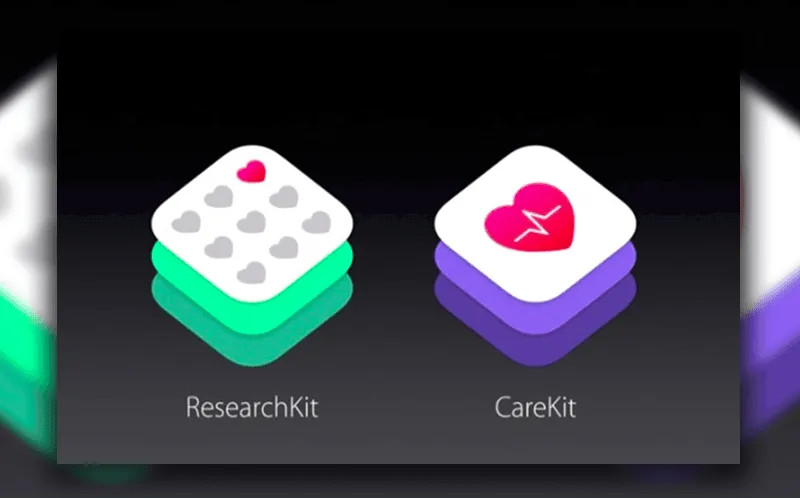
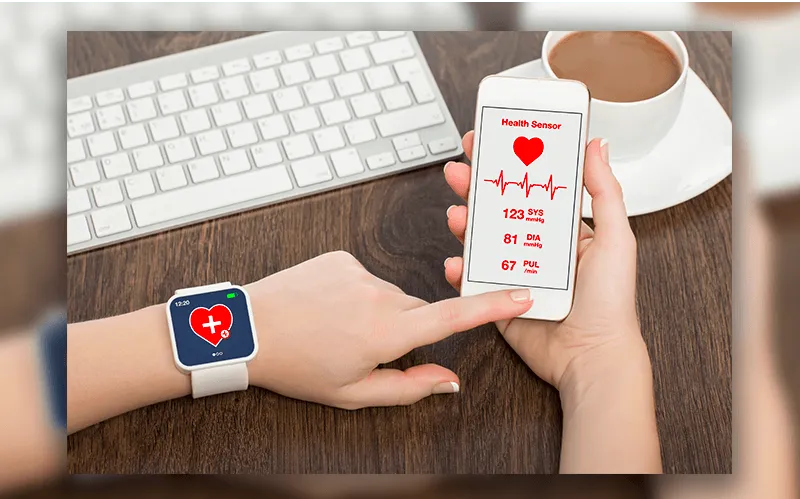
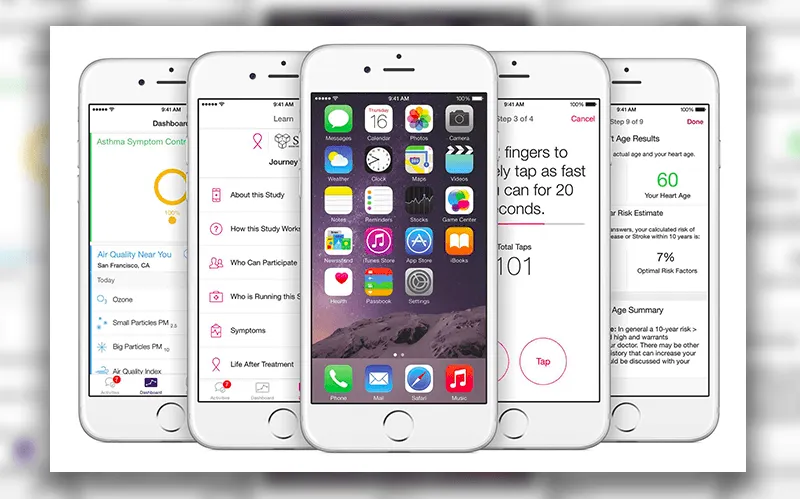
CareKit apps (coming soon in the app store)
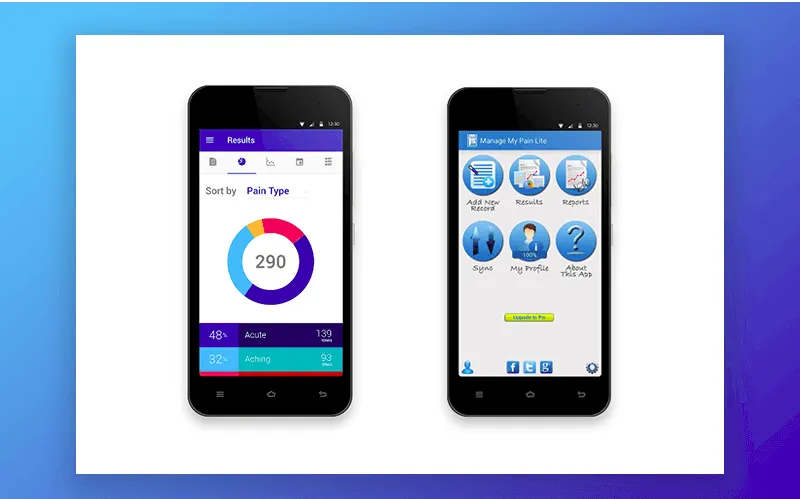
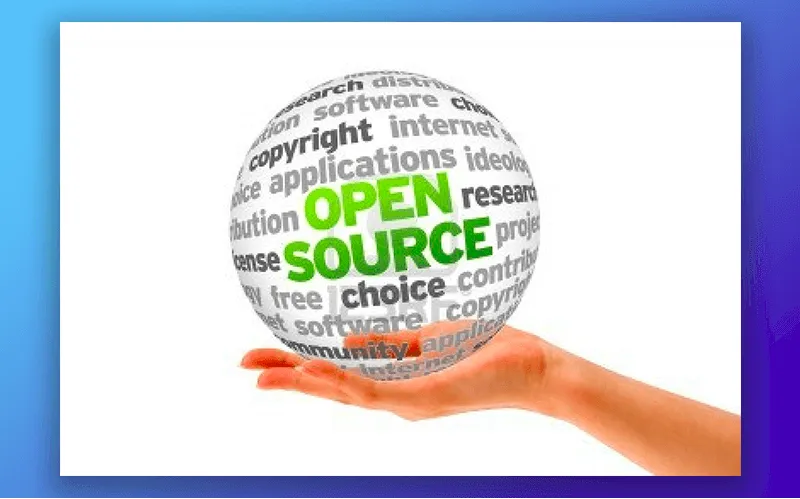
A great part of the healthcare achievements was made thanks to the scientific studies and high technologies. For example, by means of the X-ray machine, it is possible to diagnose pneumonia and assign a therapy in the shortest terms.
Despite all this, modern medicine is still powerless against many diseases. Some of them involve a lethal outcome in most cases, some - doom patients to a lifetime struggle with the illness.
That is why the efforts to fight them are made not only by doctors and healthcare scientists but also specialists in other areas, such as software development and mobile technologies. You can also join this process and help to find answers to many hitherto unanswered questions. By means of using mobile applications developed on the basis of ResearchKit and CareKit from Apple, anyone can contribute to the development of medicine.
Apple healthcare technologies
So what do the above mentioned SDKs stand for? Let's try to find out their basic points, the main difference, and ways to use.
Note that for the end customers neither ResearchKit nor CareKit hold any value. Users can only deploy mobile applications created with their help. At the same time, for the healthcare software development company, this is a great tool helping to create mobile apps of a specific focus.
Being available as an open source, the SDKs can be reached by all the developers no matter which platform they code for. It should be mentioned that the CareKit is planned to be open in spring, 2016. The ResearchKit is already available.
The main difference between ResearchKit and CareKit is that the first one is mainly in charge of gathering the information as for physical well-being, whereas the second one takes care of data managing and analyzing.
Thanks to ResearchKit, the doctors have gained the access to a huge database of people willing to share the results of their well-being in different conditions. Participation in such testing is completely voluntary. All you need to do is install the application and allow access to various data types.
The applications developed with the help of CareKit allow tracking the effectiveness of taking medication, diagnosing impending seizures, and monitoring the state of health.
How ResearchKit and CareKit work
Let's dig deeper and try to find out how Apple SDKs for healthcare work.
ResearchKit consists of three modules which you can customize. They are Surveys, Consent, and Active Tasks modules.
Create a questionnaire and a list of predefined answers by means of Surveys. The module is already localized so no efforts are needed in this direction. You can use ORKQuestionStep Class, ORKInstructionStep Class, and ORKFormStep Class for this task.
Explain your customers which data the application needs access to by using Consent module. The users should be clear as for the permissions they grant your app with.
Refer to the ORKConsentDocument, ORKVisualConsentStep, ORKConsentReviewStep classes in this matter.
Collect data from the Apple device sensors such as an accelerometer, gyroscope, GPS, and other deploying the Active Tasks module. Use ORKPredefinedTaskOption Constants and ORKActiveStep Class for this purpose.
The API documentation of ResearchKit describes how to construct and present tasks, get results, set consents. It provides developers with the programming guides, classes, protocols, and constant references.
CareKit enables building apps on the basis of four models. Each model is responsible for a certain part of work.
Care Card serves for tracking personal care plans including taking medicine and performing physical exercises. It works on the basis of interaction with the device sensors.
Symptom and Measurement Tracker identifies a common well-being and symptoms associated with a particular disease. For this purpose, it uses gyroscope and accelerometer built into iPhone.
Insight Dashboard shows the obtained results visually.
Connect is in charge of sharing information between the user and a doctor or relatives. Thus, they are always aware if their help is needed.
Available apps
First applications developed on the basis of ResearchKit and CareKit are made by Apple and internal health partners. The companies participating in the process are Boston Children's Hospital, Harvard Medical School, Stanford Medicine, Dana-Farber Cancer Institute, Massachusetts General Hospital, and others. Let's make a brief overview of some of them.
ResearchKit apps
Asthma Health analyzes asthma symptoms during day and night times, tracks steps and heart rate by taking data from the Apple Health app, identifies the areas of strong smells, exhaust gasses, pet hairs, dust, as well as increased physical activity. With your permission Asthma Health accesses such data as height, weight, Inhaler Usage, Peak Expiratory Flow Rate, etc. Among other technologies, it uses iPhone GPS option.
mPower is considered to be one of the greatest tools for the Parkinson's disease study. Having gathered more than 10000 participants it provided scientist with the data of a great importance. The application tests users' quickness, walk, memory, and balance. To determine the data, it uses iPhone gyroscope and other features.
Autism & Beyond intends to gather the information as for children's emotions and feelings and analyze them with a purpose to study the disease of Autism. Parents don't need to bring kids to the medical centers for taking tests any more. By means of using iPhone front-facing camera and a ground-breaking face identification technologies, it is possible to carry out the analysis not going out of the house.
EpiWatch assists people suffering from epilepsy to predict the upcoming seizures. If you are an adult of the age above 16 y/o you can take part in the research by installing the application at your Apple Watch. It will use the device accelerometer and the sensors of heart rate to monitor your condition. You can set which person should be alerted in case of the nearest seizure is detected.
TMC care app is intended to help people withstood surgery to manage their condition after leaving the hospital. You can stay in touch with your doctor and monitor different parameters, such as pain, temperature, activity levels, medications effectiveness, etc. The Care Card Model of the CareKit makes an app background.
Chronic conditions care app is going to monitor your well-being on a regular basis. With the ability to define the patient's condition every day and make the dynamics of the various events, doctors may prescribe a personalized and effective treatment. The application is developed with the help of Dashboard module, so you can reach the visualized scheme of the effectiveness of your treatment.
One Drop is the application for gathering an essential data from diabetic patients. In particular, the app helps to monitor such feelings as gone sensation, hunger, and pain and identify the connection of glucose level with these parameters. You can share the obtained information with the particular people.
What about Android?
Apple is doing a great thing by providing platforms which help to contribute into healthcare research. However, we should not forget that a significant part of users deploy Android devices. Therefore, in order to cover a larger number of people and collect more data, it would be good to develop medical applications for Android as well.
Apple does understands it and provides their products as an open source. In it's turn, Google helps Android developers in this matter by offering their own ResearchStack SDK
The main purpose of the ResearchStack is to help developers in adapting iOS applications for Android OS. The SDK will also help to work in the opposite direction, meaning that Android apps can be conveyed into iOS ones with it's help.
Note that ResearchStack cannot be considered as a copy of ResearchKit. Even though they have much in common, the ResearchStack is an independent platform developed mainly for Android devices.
At the same time, no deep knowledge of Android is required for working with the platform. You can build a simple app by using JSON and HTML files. Also, you can use existing ResearchKit resources and modify them if needed.
Along with new SDK, Google is planning to release an open source Android version of Mole Mapper which was previously a solely iOS app for melanoma studies. The release is going to take place in April 2016.
Cleveroad experience
Even though recently introduced platforms from Apple and Google are not yet released, Cleveroad is already working in the healthcare direction.
Using native Android technologies such as Android Studio and Java, we have created Manage My Pain Information Pro app that helps to track the pain levels and receive a detailed information as for your condition.
The app can also synchronize the data across all the devices you use by means of a cloud-based technology. You can add notes and check the information without being afraid that it may get lost.
The app has over 5000 downloads and more than 4 stars rating in the Google Play Store.
It was a great experience to develop such application and we are excited to continue working in the sphere of human well-being, especially, in respect that new technologies are to come.
Bottom Line
Apple experience of introducing ResearchKit shows that the healthcare applications can make a significant contribution to the development of medicine. Moreover, such apps help not only track the information but provide specific care for patients here and now. At the time of urgent need, the application can notify an authorized person that the user needs help and thus prevent potential negative consequences.
Being introduced as open sources, both ResearchKit and CareKit can be used by anyone who feels like trying to work in the healthcare field. With the help of ResearchStack SDK, Android users can also participate in the worldwide medical research and monitor their condition.
The revealing of new platforms does not mean that the development of medical applications was impossible earlier. The Cleveroad experience and it's popular project do prove it. However, our developers are accustomed to keeping pace with the times and using the latest technologies for the creation of awesome apps. Therefore, we look forward to a new release both from Apple and Google as well as your wonderful ideas which we are ready to implement.

Evgeniy Altynpara is a CTO and member of the Forbes Councils’ community of tech professionals. He is an expert in software development and technological entrepreneurship and has 10+years of experience in digital transformation consulting in Healthcare, FinTech, Supply Chain and Logistics
Give us your impressions about this article
Give us your impressions about this article